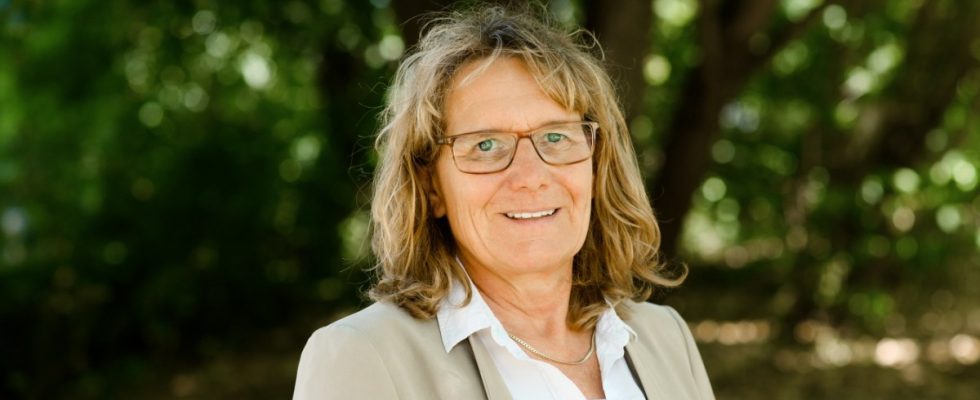The Paritätische Wohlfahrtsverband Upper Bavaria advises its 420 member organizations on social policy issues and represents their interests. In addition, the Paritätische, as it is officially called, maintains local services and runs regional facilities and advice centers for families, seniors or caring relatives, including in Munich.
SZ: Ms. Majewski, are the people of Munich getting poorer?
Karin Majewski: Yes. With inflation and the resulting rise in food and energy prices, people who were previously getting along well have fallen into poverty.
Who is mainly affected?
Pensioners who, for example, have barely made ends meet with a pension of 1,000 or 1,100 euros, now often have to decide: Do I eat or heat? Larger purchases such as a sensible mattress for back pain are no longer possible. But even people who kept themselves afloat with two or three jobs now feel poor.
Can you apply this to your everyday work?
Economic topics have increased significantly in our advice. While around a third of all questions in 2022 were about money, this year it was two thirds. What people are worried about is the increasing cost of energy due to rising network charges for electricity and the increase in the CO₂ levy in the coming year. Anyone who receives citizen’s benefit only receives a flat rate for electricity, which is not initially increased.
Low-income earners get nothing. Are you observing a debate about envy in this context? Anyone who looks at recipients of citizens’ money sometimes asks themselves whether toil is the right way?
This debate, which is often carried out publicly by politicians, is degrading. The problem that the gap between citizen’s benefit and income from work is too often too small cannot be solved by reducing citizen’s benefit, but by increasing the minimum wage. This is underscored by the 800,000 people in Germany, some of whom work full-time and still have to top up their income with citizen’s benefit because they simply earn too little. This also contradicts the image of the social hammock in which those receiving public benefit supposedly make themselves comfortable.
Does everyone really want to work?
Of course, there are also a few people who receive public benefit who cheat and who cheat. But those are the fewest. In principle, the state spends too little to combat poverty. The amount of citizens’ money is therefore being discussed from the wrong side. The basic security is currently 502 euros and from January it will be 563 euros. Actually, 813 euros would be appropriate. The research center of the Joint Association calculated this using official figures. So one wonders why savings should be made again for the poor, even though the wealth of the super-rich is constantly increasing.
There are actually quite a few very rich people who would like to pay higher taxes…
… exactly, “Tax me now”. (Editor’s note: Behind this is an association for tax justice that was initiated by wealthy people in German-speaking countries). Instead, foundations are set up to support poor people. Please don’t misunderstand this, it’s good that these foundations exist. We are also very happy about the donations from the SZ Advent calendar, which we use to help individual cases. But poverty is always a disgrace for the welfare state. Poor people die earlier, poor children are robbed of educational opportunities, poverty excludes people. In my opinion, the only thing that helps against poverty is to abolish poverty.
How does the Paritätische Wohlfahrtsverband help in the dilemma of political decisions and rising costs?
The heating fund, for which the municipal utilities are providing 20 million euros, specifically helps. To this end, we have relaunched an earlier cooperation. This year we were able to support 12,000 Munich residents with 7.8 million euros for heating and hot water costs. The heat fund is initially limited to two years, applications can already be submitted for the coming year.

